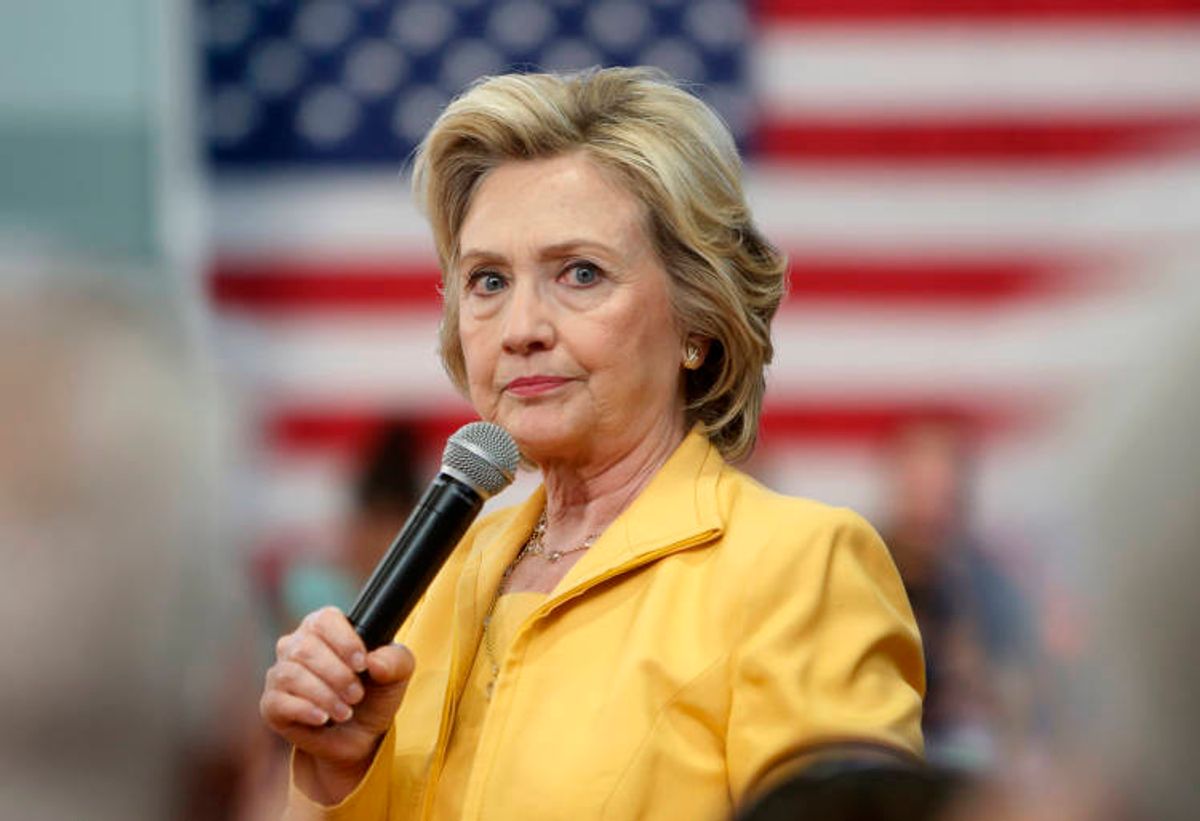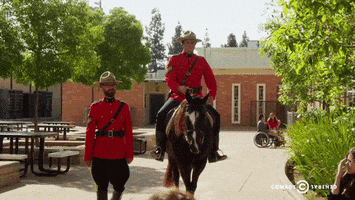Here is a brief explanation for those who are unfamiliar with the situation The Guayana Esequiba is a region of about 159,500 km2 (61,600 sq mi) west of the Essequibo River that is currently administered and controlled by Guyana, but claimed by Venezuela as part of its territory. The dispute dates back to the colonial era, when Spain and the Netherlands competed for the control of the area. In 1814, the Netherlands ceded its colonies of Essequibo, Demerara, and Berbice to Britain, which later unified them into British Guiana. Venezuela inherited the Spanish claim to the region after its independence in 1811, but Britain expanded its control further west of the Essequibo River in the 19th century. In 1895, Venezuela sought the help of the United States to resolve the border dispute with Britain, invoking the Monroe Doctrine, which declared the American continent as off-limits to European intervention.
The US intervened and forced Britain to accept an international arbitration of the entire disputed territory. The arbitration tribunal, convened in Paris in 1898, awarded most of the territory to British Guiana in 1899. However, Venezuela later denounced the award as invalid, alleging that the tribunal was biased and corrupted by British influence. The dispute remained unresolved after Guyana gained its independence from Britain in 1966. Venezuela has since maintained its claim to the Guayana Esequiba, and has occasionally resorted to military and diplomatic pressure to assert its sovereignty over the region. Venezuela also rejected the jurisdiction of the International Court of Justice (ICJ) to settle the dispute, and instead proposed a bilateral negotiation with Guyana.
The Guayana Esequiba is rich in natural resources, such as oil, gas, gold, diamonds, and timber, which have attracted the interest of both countries and foreign companies. In recent years, Guyana has granted exploration and production licenses to several multinational corporations, such as ExxonMobil, to exploit the offshore oil and gas reserves in the disputed waters. Venezuela has protested against these activities, and has accused Guyana of violating its sovereignty and territorial integrity. The tension between the two countries has escalated in the context of the political and economic crisis in Venezuela, which has led to the deterioration of its relations with its neighbors and the international community. Venezuela has been accused of human rights violations, corruption, authoritarianism, and interference in the internal affairs of other countries. Venezuela has also faced several challenges to its legitimacy, such as the Venezuelan presidential crisis, which resulted in the emergence of two rival governments: one led by Nicolás Maduro, who claims to be the constitutional president, and another led by Juan Guaidó, who claims to be the interim president recognized by more than 50 countries, including Brazil. Brazil, as the largest and most influential country in South America, has played an important role in the regional affairs and the resolution of conflicts.
Brazil has historically maintained cordial and cooperative relations with both Guyana and Venezuela, and has supported the peaceful and diplomatic settlement of the dispute over the Guayana Esequiba. However, Brazil's position has changed significantly under the presidency of Jair Bolsonaro, who has adopted a more confrontational and ideological stance against Venezuela and its allies. Bolsonaro has aligned himself with the US and other countries that recognize Guaidó as the legitimate president of Venezuela, and has denounced Maduro as a dictator and a threat to the regional stability and democracy. Bolsonaro has also expressed his support for Guyana's sovereignty and territorial integrity, and has criticized Venezuela's claims and actions as aggressive and illegitimate.
According to some reports, the Brazilian armed forces have been placed into a heightened state of readiness due to a significant movement of military equipment and personnel in eastern Venezuela on the border of Guyana, which has recently been detected by satellite imagery and intelligence sources. Some officials believe that Venezuela may soon invade the small South American country in order to annex the Guayana Esequiba region, which accounts for over 60% of the nation's territory and has been claimed by the Venezuelan government. If this scenario materializes, it could trigger a major regional conflict that would involve not only Guyana and Venezuela, but also Brazil and other neighboring countries, as well as the US and other international actors.



